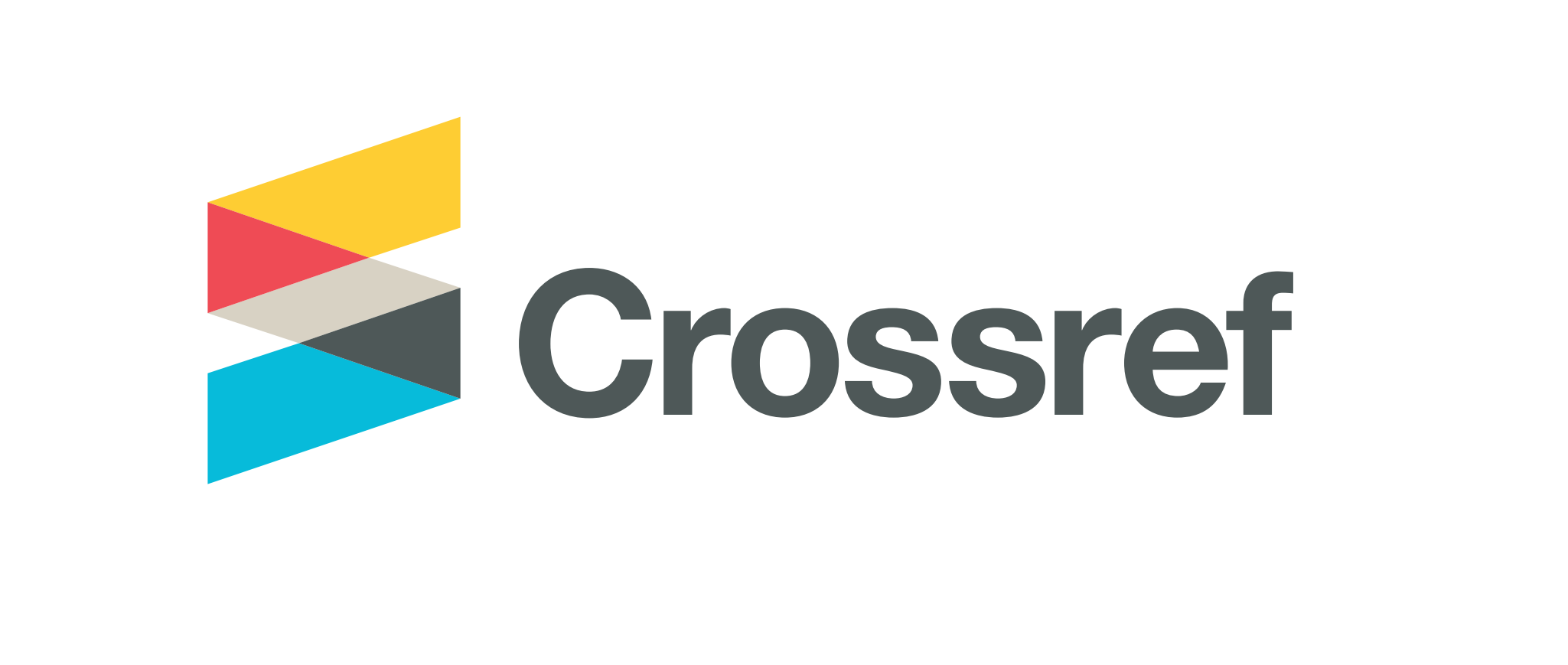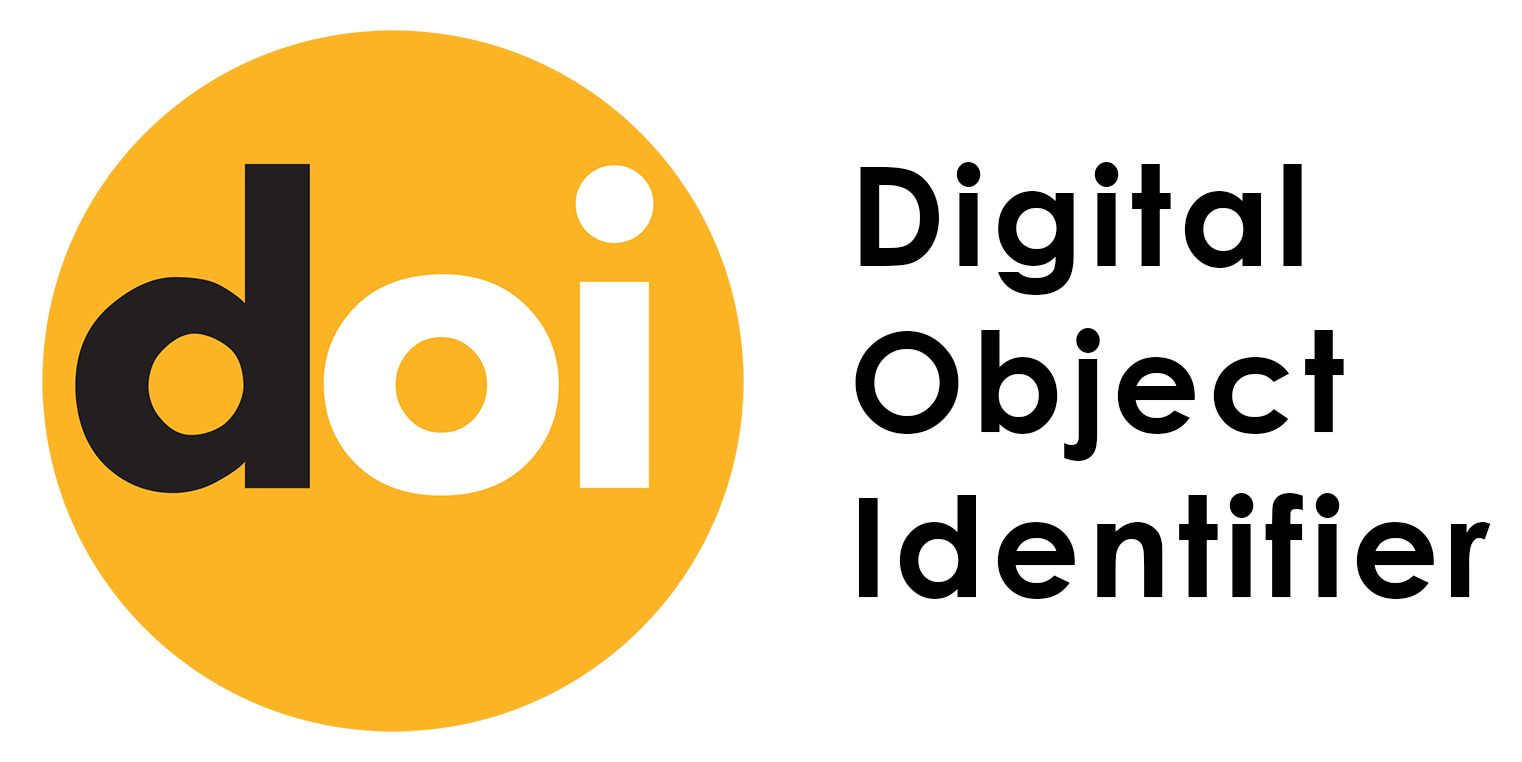Frankenstein: A key resource for developing critical and creative skills in English teacher education
DOI:
https://doi.org/10.59758/rcci.2025.3.e42Palabras clave:
Frankenstein, Teacher Education, Critical thinking, Creative thinking, EFL pre-service teachersResumen
This essay explores the potential of Frankenstein as a fundamental resource for teacher education, specifically in fostering critical and creative skills among pre-service English teachers. By engaging with the novel through practical, thought-provoking activities, teacher candidates can enhance their understanding of ethical, literary, and pedagogical issues. The essay examines how the novel’s themes, including the consequences of ambition, ethical responsibility, and isolation, provide a rich context for developing reflective thinking and problem-solving abilities. Furthermore, it suggests how Frankenstein can be integrated into teacher education programs, not only as a literary text but as a catalyst for inquiry-based learning. Through a series of interactive exercises, the essay argues that Frankenstein encourages teachers to engage deeply with the text and apply its lessons to contemporary educational contexts. By incorporating ethical dilemmas and character analysis, pre-service teachers can develop a more holistic approach to teaching, promoting critical inquiry and creativity in their future classrooms. Ultimately, this approach aligns with the goals of teacher education in the 21st century, preparing educators to foster a reflective, ethically aware, and creative learning environment for their students.
Descargas
Referencias
Bobkina, J. & Stefanova, S. (2016). Literature and critical literacy pedagogy in the EFL classroom: Towards a model of teaching critical thinking skills. Studies in Second Language Learning and Teaching, 6(4), 677–696. https://doi.org/10.14746/ssllt.2016.6.4.6
Darling-Hammond, L. (2000). How teacher education matters. Journal of Teacher Education, 51(3), 166–173. https://doi.org/10.1177/0022487100051003002
Darling-Hammond, L. (2021). Defining teaching quality around the world. European Journal of Teacher Education, 44(3), 295-308. https://doi.org/10.1080/02619768.2021.1919080
Kostiainen, E.; Ukskoski, T.; Ruohotie-Lyhty, M.; Kauppinen, M.; Kainulainen, J. & Mäkinen, T. (2018). Meaningful learning in teacher education. Teaching and Teacher education, 71, 66-77. https://doi.org/10.1016/j.tate.2017.12.009
Ministerio de Educación (2021). Estándares de la profesión docente: Carreras de pedagogía en inglés. Centro de Perfeccionamiento, Experimentación e Investigaciones Pedagógicas (CPEIP). [Consult: November 18, 2024]. https://estandaresdocentes.mineduc.cl/wp-content/uploads/2021/08/ingles.pdf
National Advisory Committee on Creative and Cultural Education (1999). All our futures: Creativity, culture and education. DFEE. [Consult: November 18, 2024]. https://n9.cl/x4m70
Peck, J. & Coyle, M. (2002). A brief history of English literature. Palgrave.
Ruiz-Godoy, J. (2023). Desafíos en el desarrollo integral del estudiante de pregrado. In: D. Van Damme & D. Zahner (Eds.). ¿La enseñanza superior enseña a pensar críticamente? , pp. 31-36. Ediciones Uniandes.
Shelley, M. (2010). Frankenstein. Harper Collins Publishers.
Wang, L. & Kokotsaki, D. (2018). Primary school teachers’ conceptions of creativity in teaching English as a foreign language (EFL) in China. Thinking Skills and Creativity, 29, 115–130. https://doi.org/10.1016/j.tsc.2018.06.002
Yacoub M., T. S. (2021). Teaching practices of EFL teachers and the enhancement of creative thinking skills among learners. International Journal of Asian Education, 2(2), 153–166. https://doi.org/10.46966/ijae.v2i2.173

Publicado
Número
Sección
Categorías
Licencia
Derechos de autor 2025 Jessica Vega-Abarzúa (Autor/a)

Esta obra está bajo una licencia internacional Creative Commons Atribución-NoComercial-CompartirIgual 4.0.






